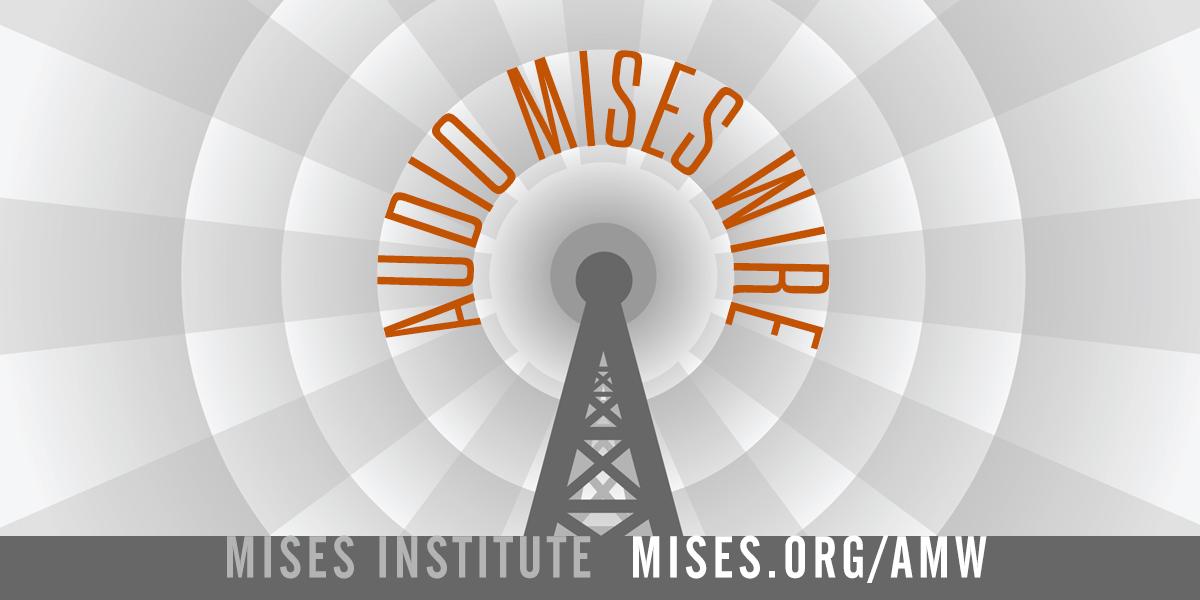Libertarianism and Economic Development: Models from Around the World
Libertarianism and Economic Development: Models from Around the World
Keyword Optimization: Libertarianism, economic development, free markets, limited government, economic freedom, property rights, deregulation, taxation, case studies, global examples, Hong Kong, Singapore, Switzerland, Estonia, Chile
Introduction:
Libertarianism, a political philosophy advocating for individual liberty and minimal government intervention, often sparks debate regarding its impact on economic development. While some argue that free markets and deregulation are crucial for prosperity, others express concerns about social safety nets and potential inequalities. Exploring real-world examples can shed light on this complex relationship. This article examines how varying degrees of libertarian principles have influenced economic growth in different countries, offering valuable insights into the potential benefits and challenges of this approach.
H1: The Core Principles of Libertarianism and their Economic Implications
Libertarianism centers around individual freedom, limited government, and free markets. Key tenets include:
- Individual Liberty: Prioritizing individual choice and autonomy in all aspects of life, including economic activity.
- Free Markets: Advocating for minimal government intervention in the economy, allowing supply and demand to determine prices and resource allocation.
- Property Rights: Emphasizing strong protection of private property as a foundation for economic prosperity.
- Limited Government: Restricting government involvement to essential functions like national defense and law enforcement.
- Low Taxation: Promoting low taxes to maximize individual disposable income and encourage investment.
These principles, when applied to economic policy, can lead to deregulation, tax cuts, and privatization, potentially fostering competition, innovation, and economic growth.
H2: Hong Kong: A Quasi-Libertarian Success Story?
Hong Kong’s remarkable economic rise in the late 20th century is often attributed to its relatively free market policies, including low taxes, minimal regulations, and free trade. While not a purely libertarian society, its embrace of economic freedom played a significant role in its transformation into a global financial hub. However, increasing mainland Chinese influence has raised concerns about the future of its economic model.
H3: Singapore: A Blend of Libertarianism and Pragmatism
Singapore represents another example of a successful economy with elements of libertarianism, albeit within a more interventionist framework. The government actively promotes free trade and foreign investment while also maintaining strict social controls and investing heavily in education and infrastructure. This hybrid approach has led to impressive economic growth and high living standards.
H4: Switzerland: A Model of Decentralization and Economic Freedom
Switzerland’s long-standing tradition of decentralized governance and direct democracy fosters an environment conducive to economic freedom. Its relatively low taxes, streamlined regulations, and strong property rights attract businesses and entrepreneurs. The Swiss model demonstrates the potential for economic prosperity within a framework of limited government and individual liberty.
H5: Estonia: Embracing Digital Innovation and a Flat Tax
Estonia, a relatively young nation, has embraced libertarian-inspired policies, including a flat tax and a digital-first approach to governance. Its streamlined bureaucracy and emphasis on technological innovation have fostered a dynamic startup ecosystem and attracted foreign investment. Estonia provides a compelling modern case study for the potential of libertarian-leaning policies.
H6: Chile: From Pinochet to a Mixed Economy
Chile, under the Pinochet regime, implemented radical free-market reforms advised by economists influenced by libertarian thought. While initial results were mixed, subsequent governments have retained many of these reforms while incorporating social safety nets. Chile’s experience showcases the complexities and long-term implications of implementing libertarian-inspired policies in a developing nation.
H7: Challenges and Criticisms of Libertarian Development Models
Critics of libertarianism argue that its emphasis on individual freedom and limited government can exacerbate income inequality, undermine social safety nets, and lead to environmental degradation. The absence of regulations, they argue, can create opportunities for exploitation and market failures.
Conclusion:
The relationship between libertarianism and economic development is complex and multifaceted. While purely libertarian societies are rare, various degrees of libertarian principles have been implemented around the world with varying results. Examining these real-world models reveals both the potential benefits and the potential pitfalls of this approach. A nuanced understanding of these experiences is crucial for policymakers seeking to promote sustainable and equitable economic growth.
Share this content:












Post Comment